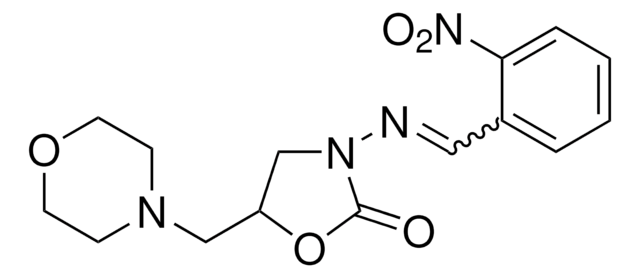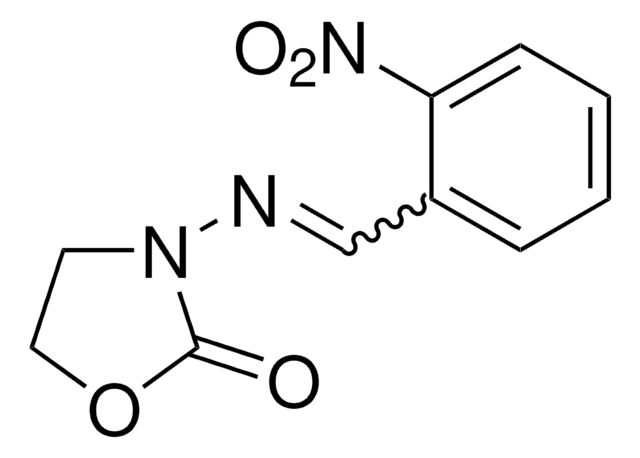42490
1,2-Dioleoyl-sn-glycero-3-phosphoethanolamine
≥99.0% (10 mg phospholipid per ml CHCl3, TLC)
Synonym(s):
(9Z)-9-Octadecenoic acid (1R)-1-[[[(2-aminoethoxy)hydroxyphosphinyl]oxy]methyl]-1,2-ethanediyl ester, 1,2-Di(9Z-octadecenoyl)-sn-glycero-3-phosphoethanolamine, 3-sn-Phosphatidylethanolamine, 1,2-dideoyl, L-β,γ-Dioleoyl-α-cephalin, DOPE, Dioleoyl phosphatidylethanolamine, PE(18:1(9Z)/18:1(9Z))
About This Item
Recommended Products
Assay
≥99.0% (10 mg phospholipid per ml CHCl3, TLC)
form
liquid
functional group
phospholipid
lipid type
phosphoglycerides
storage temp.
−20°C
SMILES string
CCCCCCCC\C=C/CCCCCCCC(=O)OCC(COP(O)(=O)OCCN)OC(=O)CCCCCCC\C=C/CCCCCCCC
InChI
1S/C41H78NO8P/c1-3-5-7-9-11-13-15-17-19-21-23-25-27-29-31-33-40(43)47-37-39(38-49-51(45,46)48-36-35-42)50-41(44)34-32-30-28-26-24-22-20-18-16-14-12-10-8-6-4-2/h17-20,39H,3-16,21-38,42H2,1-2H3,(H,45,46)/b19-17-,20-18-
InChI key
MWRBNPKJOOWZPW-CLFAGFIQSA-N
Looking for similar products? Visit Product Comparison Guide
Application
Signal Word
Danger
Hazard Statements
Precautionary Statements
Hazard Classifications
Acute Tox. 3 Inhalation - Acute Tox. 4 Oral - Aquatic Chronic 3 - Carc. 2 - Eye Irrit. 2 - Repr. 2 - Skin Irrit. 2 - STOT RE 1 - STOT SE 3
Target Organs
Central nervous system, Liver,Kidney
Storage Class Code
6.1C - Combustible acute toxic Cat.3 / toxic compounds or compounds which causing chronic effects
WGK
WGK 3
Flash Point(F)
Not applicable
Flash Point(C)
Not applicable
Personal Protective Equipment
Certificates of Analysis (COA)
Search for Certificates of Analysis (COA) by entering the products Lot/Batch Number. Lot and Batch Numbers can be found on a product’s label following the words ‘Lot’ or ‘Batch’.
Already Own This Product?
Find documentation for the products that you have recently purchased in the Document Library.
Customers Also Viewed
Our team of scientists has experience in all areas of research including Life Science, Material Science, Chemical Synthesis, Chromatography, Analytical and many others.
Contact Technical Service














